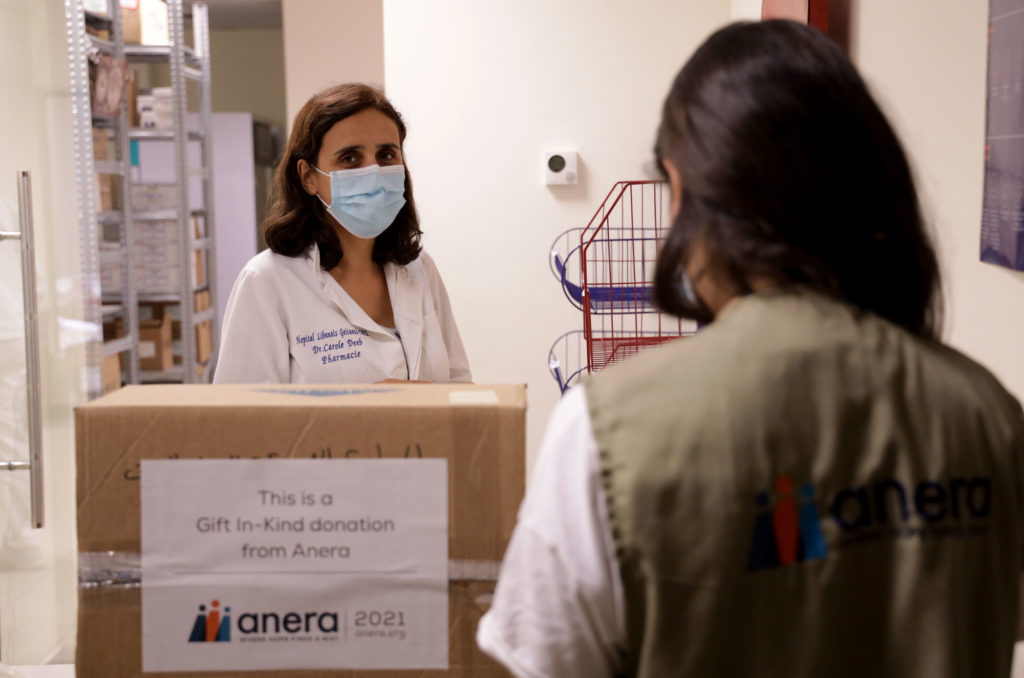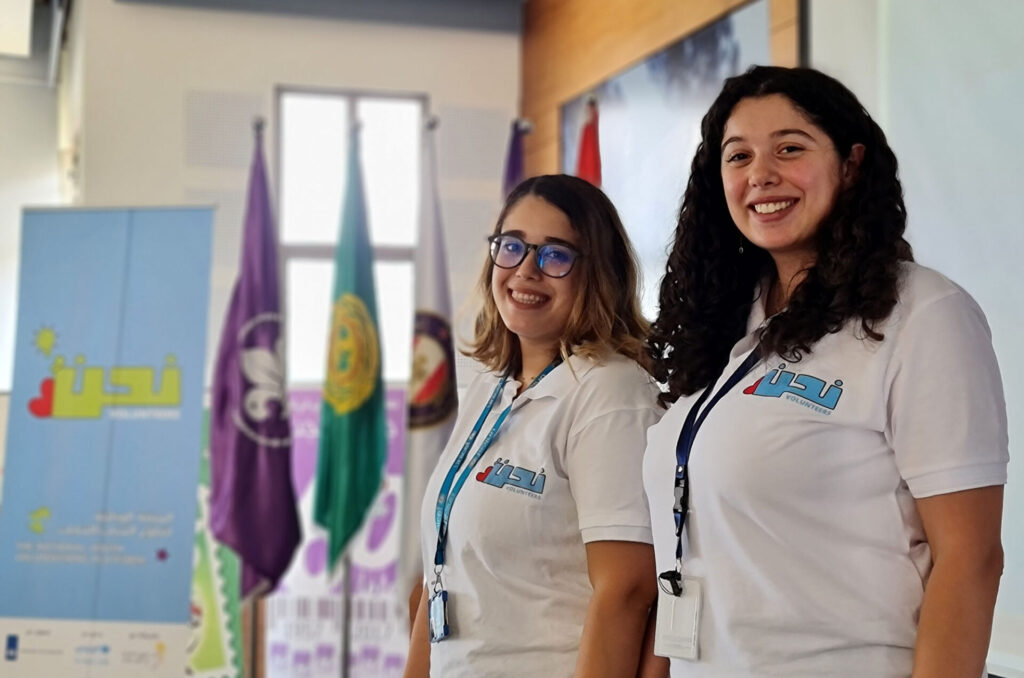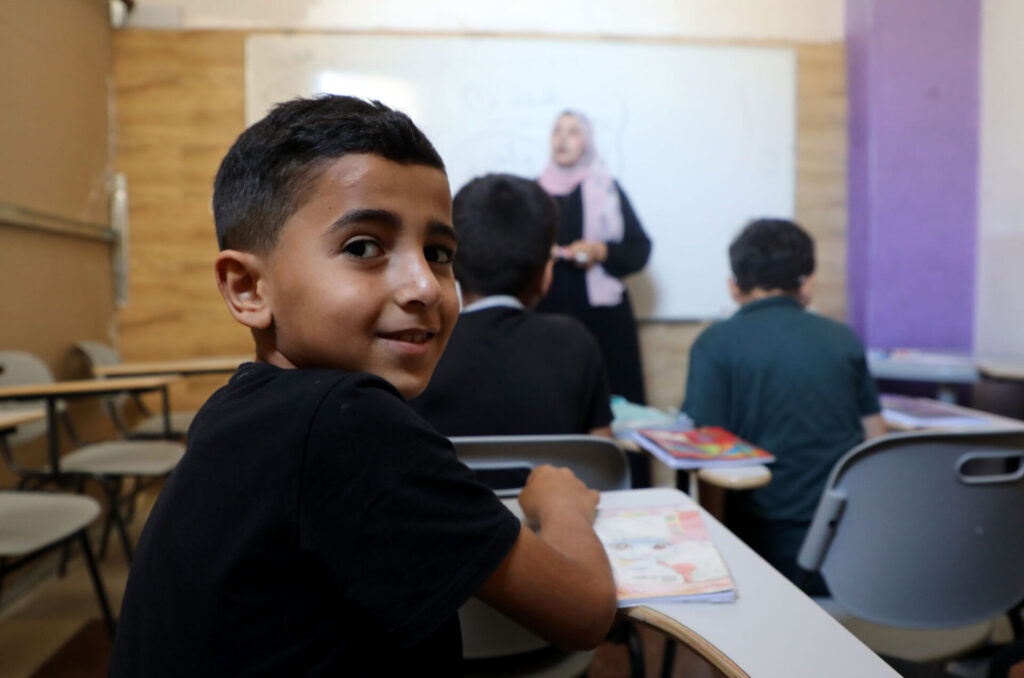Nov, 2021
Anera responded quickly to help burn centers treat victims from the August fuel tanker explosion
A year after Beirut’s devastating port explosion that killed at least 218 people, a fuel tanker explosion in the northern Akkar district took the lives of 33, and left more than 100 injured. The deaths and casualties shocked the nation. Both events were blamed on negligence and investigations are underway.
Among the many casualties of the tanker explosion, which erupted in the northern town of Tleil in August, 15 survivors suffered severe burns. The Lebanese Red Cross rushed them to the Lebanese Hospital Geitaoui’s burn center, about 50 miles away.
“We were the first hospital to receive the burn victims,” explained Dr. Yasmina Yared, Chief Pharmacist. “Since then some patients unfortunately passed away, and others were transferred abroad to continue treatment. Three months later, we still have four severe burn victims undergoing treatment here.”
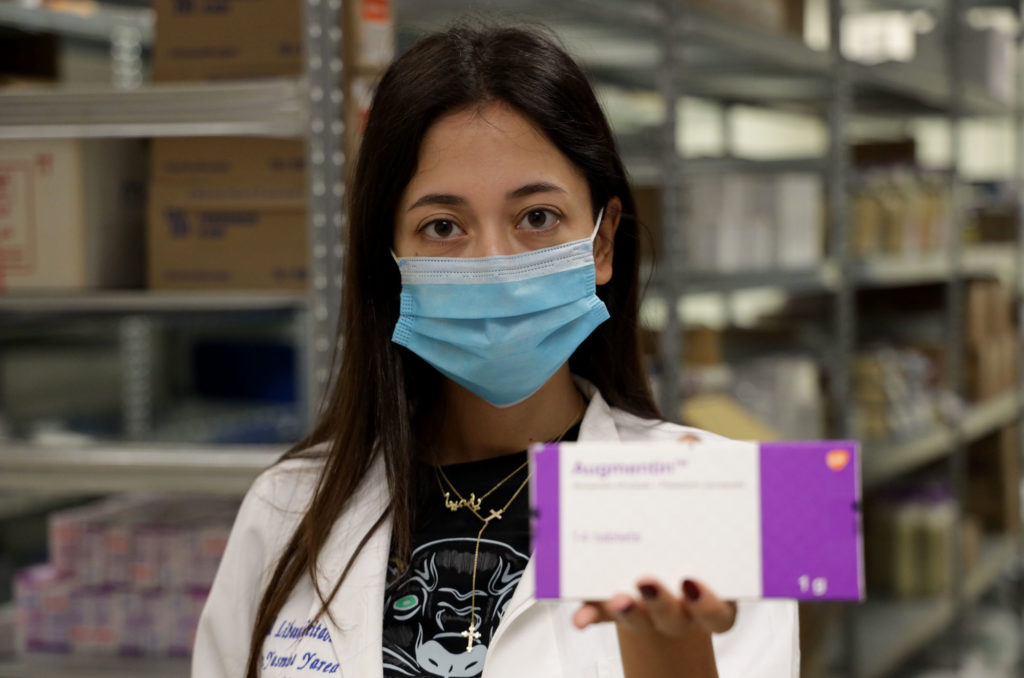



“Three months later, we still have four severe burn victims undergoing treatment here.”
Geitaoui established the first burn center in Lebanon, and is now one of two treating burn patients. The shortage of burn centers puts pressure on these centers when there are calamities like the one in Akkar.
Pharmacist Yasmina Yared says her center had a shortage of essential drugs to treat the patients arriving from Akkar in August. “The medication and supplies Anera provided were timely. Some medicines and creams are needed in the first 48 hours, and Anera’s immediate response made that possible at a critical time.”
Anera has supported several hospitals that received burn patients. Anera provided medical supplies and PPE to centers across Lebanon, including Lebanese Hospital Geitaoui and the Rafik Hariri University Hospital.
Anera also quickly set up a special grant to help the centers procure medical supplies in the market. This was critical to funding the purchase and distribution of medicines and supplies to the hospitals.
The Anera grant included tens of thousands of dollars worth of drugs and medical supplies. The shipment included medication for inflammation, sedatives, anesthesia, fluids and electrolyte replacements, as well as hospital gowns, gauze rolls, bandages, and other essential items.
Survivor Samir shudders as he remembers that fateful day. He went out to see the fuel tankers arrive to help ease the fuel shortage engulfing the country. “Out of nowhere, an explosion erupted and before I knew it I was on fire from head to toe. I can't even describe it but, believe me, seeing yourself on fire is a traumatic experience. It's like a dream. Thankfully, I was transferred immediately to the hospital by the Red Cross and have been treated really well.”


“Out of nowhere, an explosion erupted and before I knew it I was on fire from head to toe. I can't even describe it but, believe me, seeing yourself on fire is a traumatic experience."
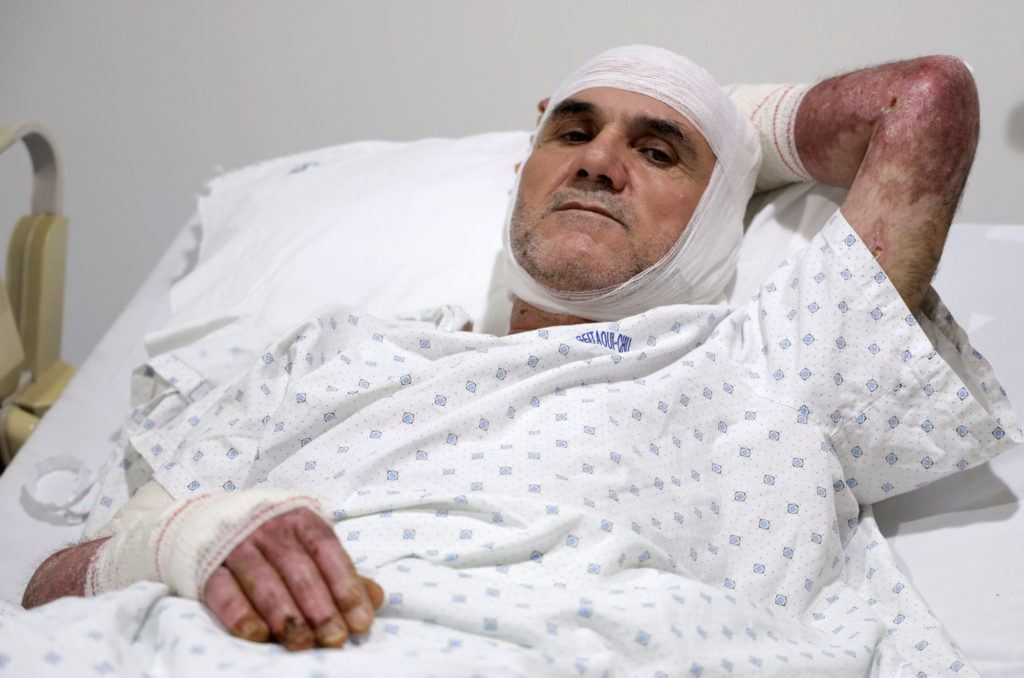

Events like the Akkar fuel tank explosion in August and the port explosion in 2020 have only increased tensions and concerns as hospitals face shortages of electricity and water and medical supplies. The economic crisis makes things still worse. Without help from international organizations like Anera, Lebanon’s health centers would be unable to meet the medical needs of their communities.
